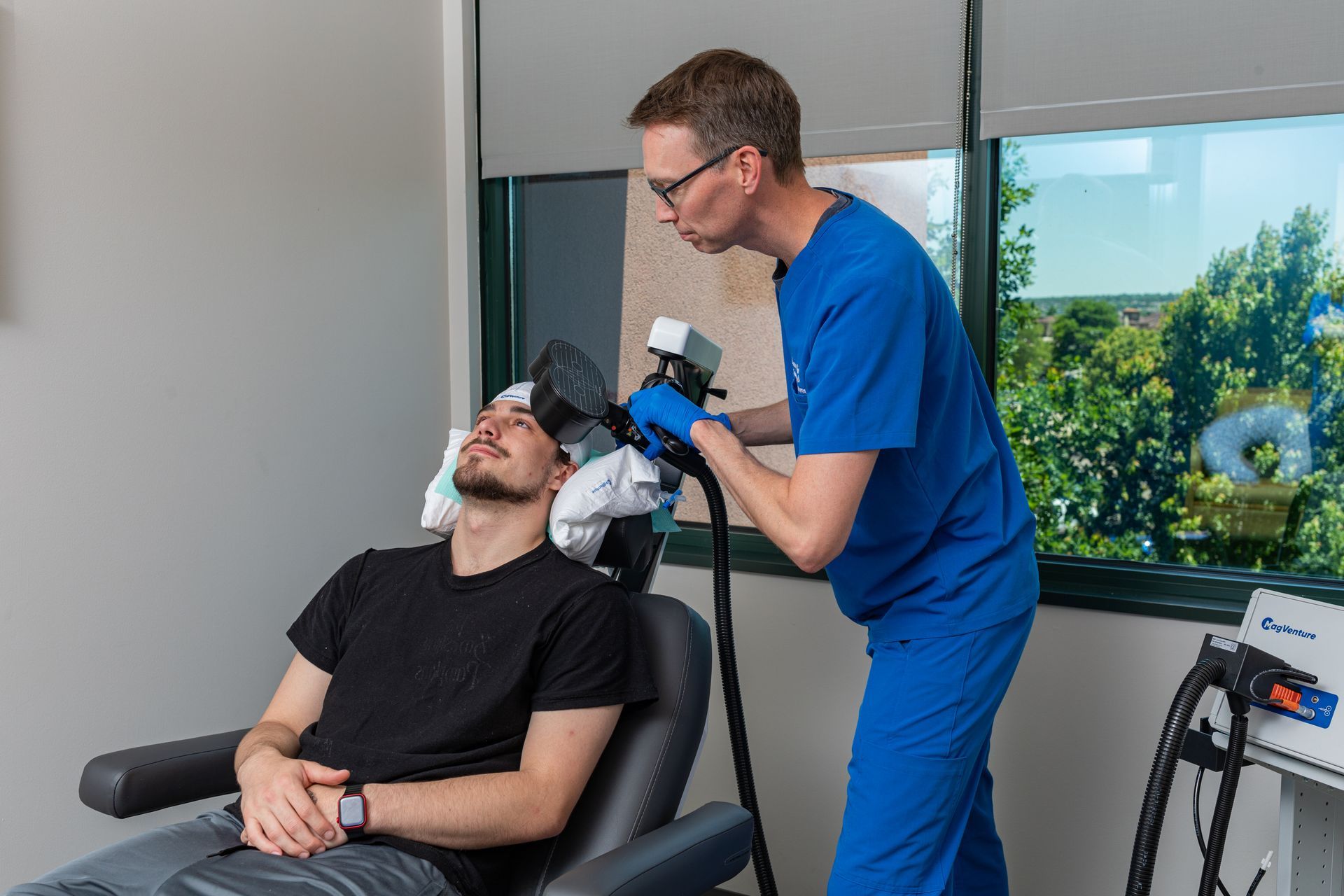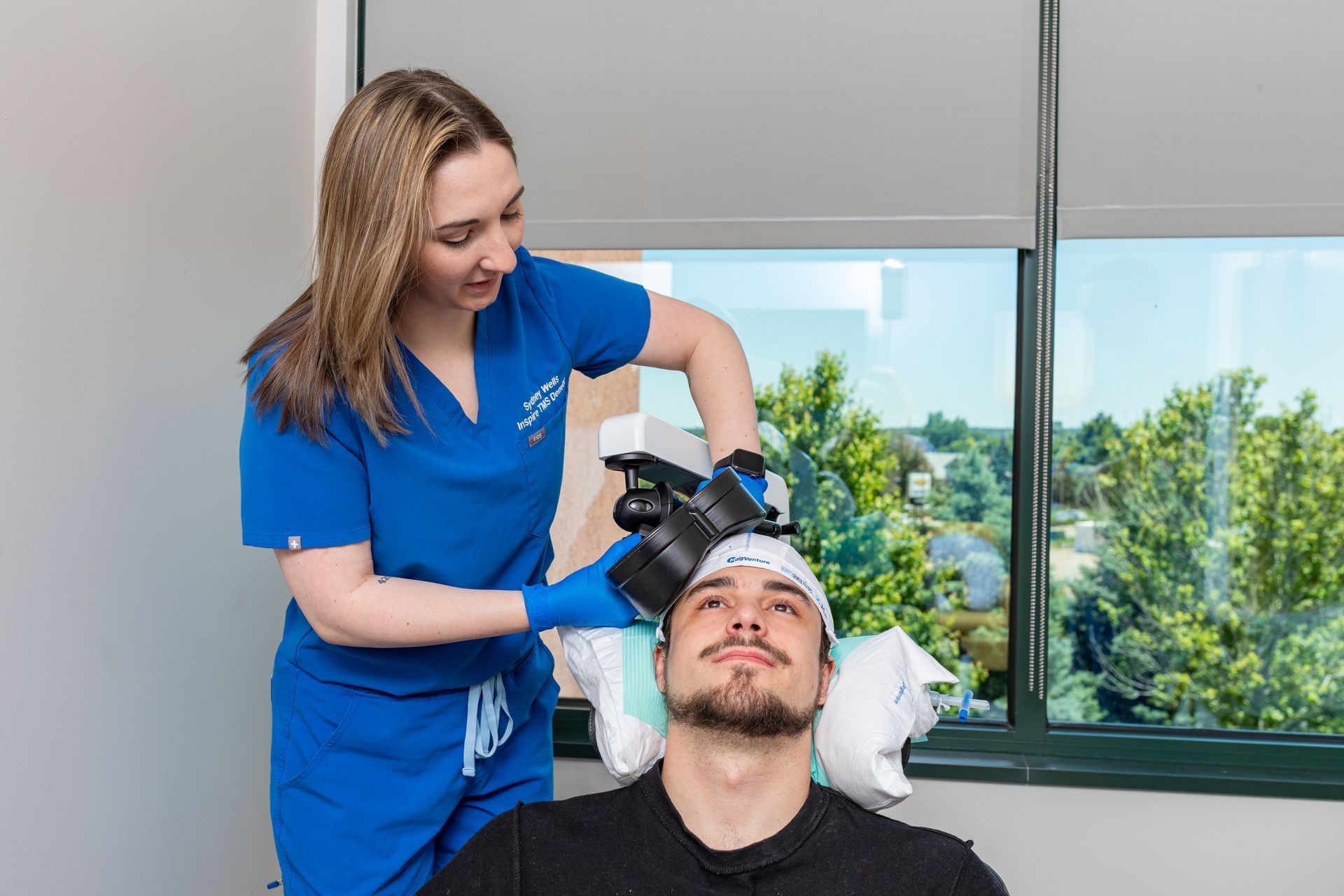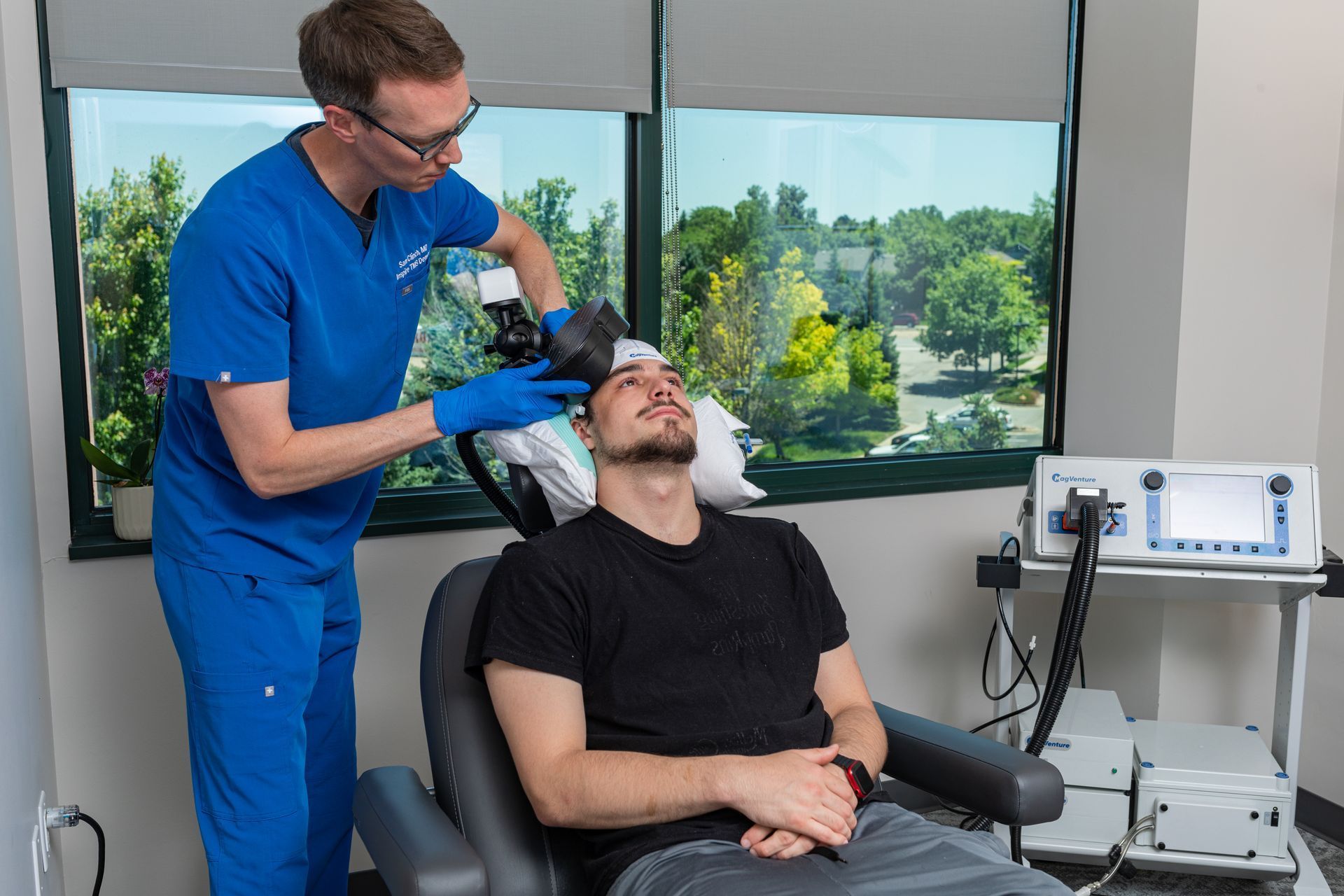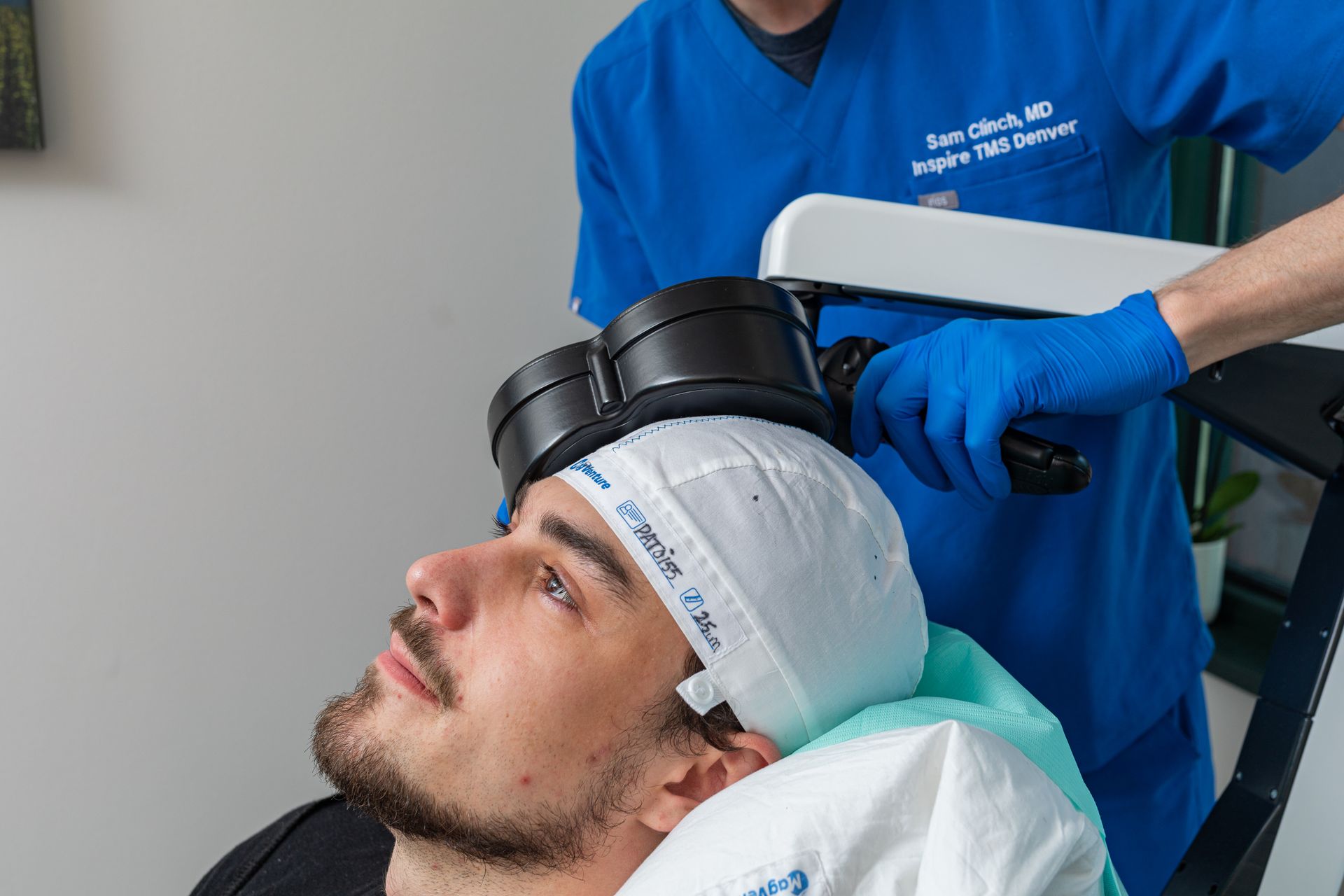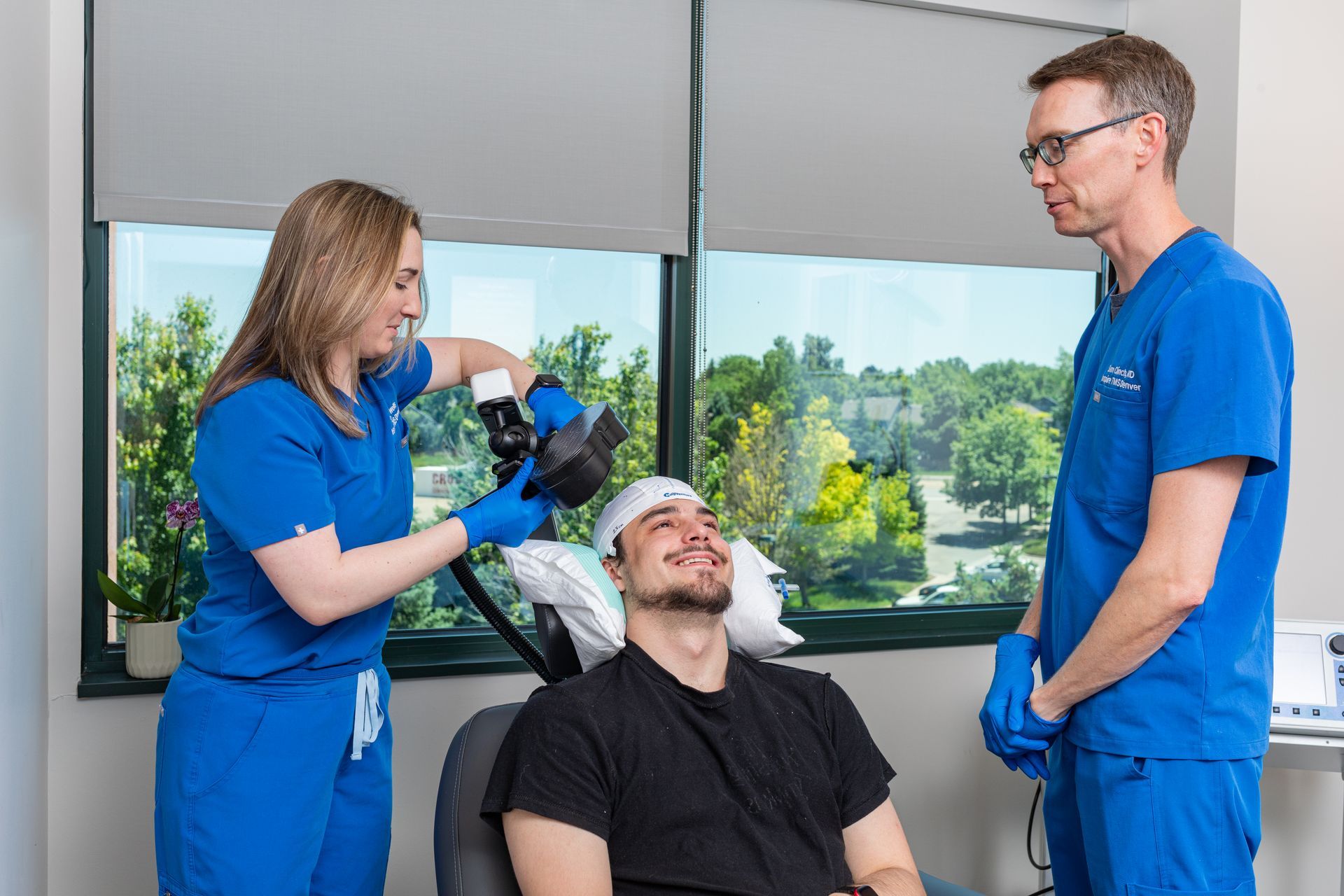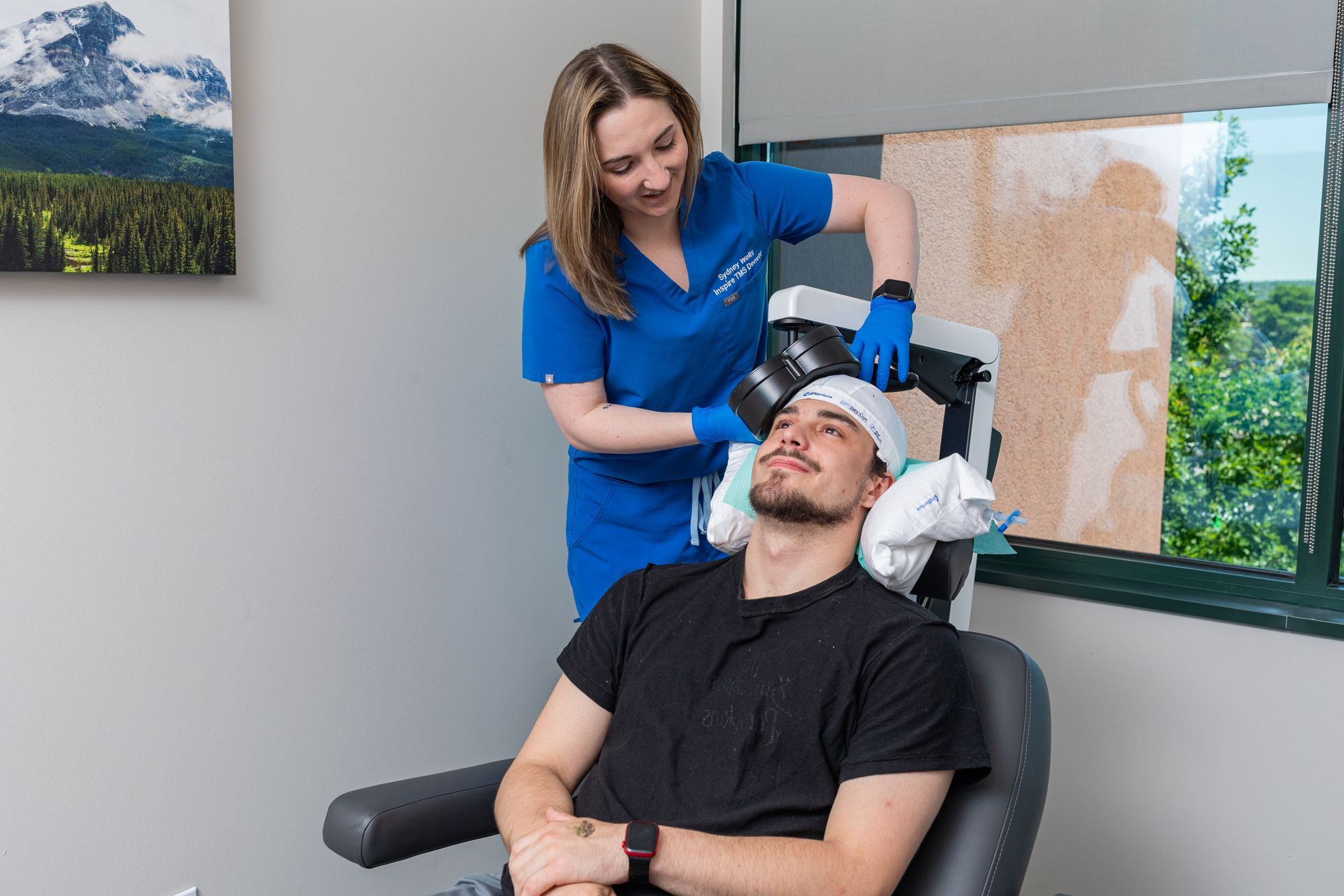The Power of Positivity
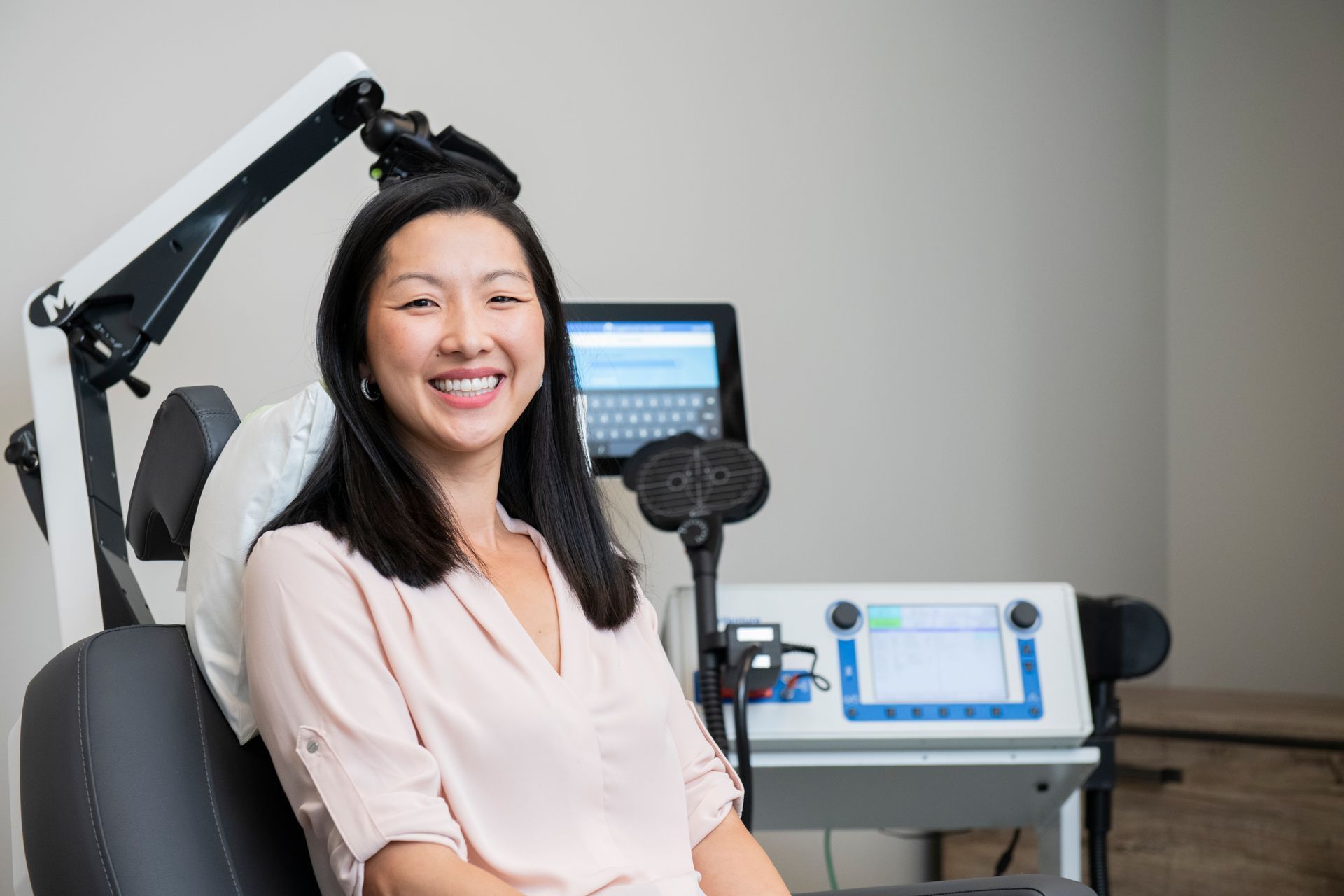
“I am thankful for my mental health condition.”
These aren’t words you hear uttered often, or at all, from the over 50 million individuals living with a mental illness in the United States (National Institute of Mental Health). So, why then, did Kimberly Zapata recount her depression diagnosis in this way? In her article, titled “The Upside to Living with Mental Illness,” she explains that she attributes her ability to “appreciate the little things more” to her illness. She states that because of her illness (depression), she knows her “value.” She realizes her worth, recognizes her power and strength, and she says she has made friends because of her illness, not in spite of it. So, is there any benefit in viewing your mental health condition, specifically depression, in this way? Studies point to yes!
According to research, people who are more optimistic are less likely to develop depressive symptoms (Giltay et al. 2006), and they recover from depression more quickly (Kronstrom et al, 2011). Studies have been conducted to examine the effect that optimism has on many different populations. Protective effects of optimism have been studied and reported in adolescents, students, middle-aged women, women with breast cancer, and patients with heart disease and metastatic cancer. (Kronstrom et al, 2011). The lifespan for men and women is significantly longer for individuals practicing optimism (Lee et al, 2019). Optimistic thinking is typically a core tenet of CBT (cognitive behavioral therapy) and has been shown to improve coping response to stress, increase the chances of practicing a healthy lifestyle, and subsequently improve overall quality of life (Conversano et al, 2010).
Optimism & Opportunity
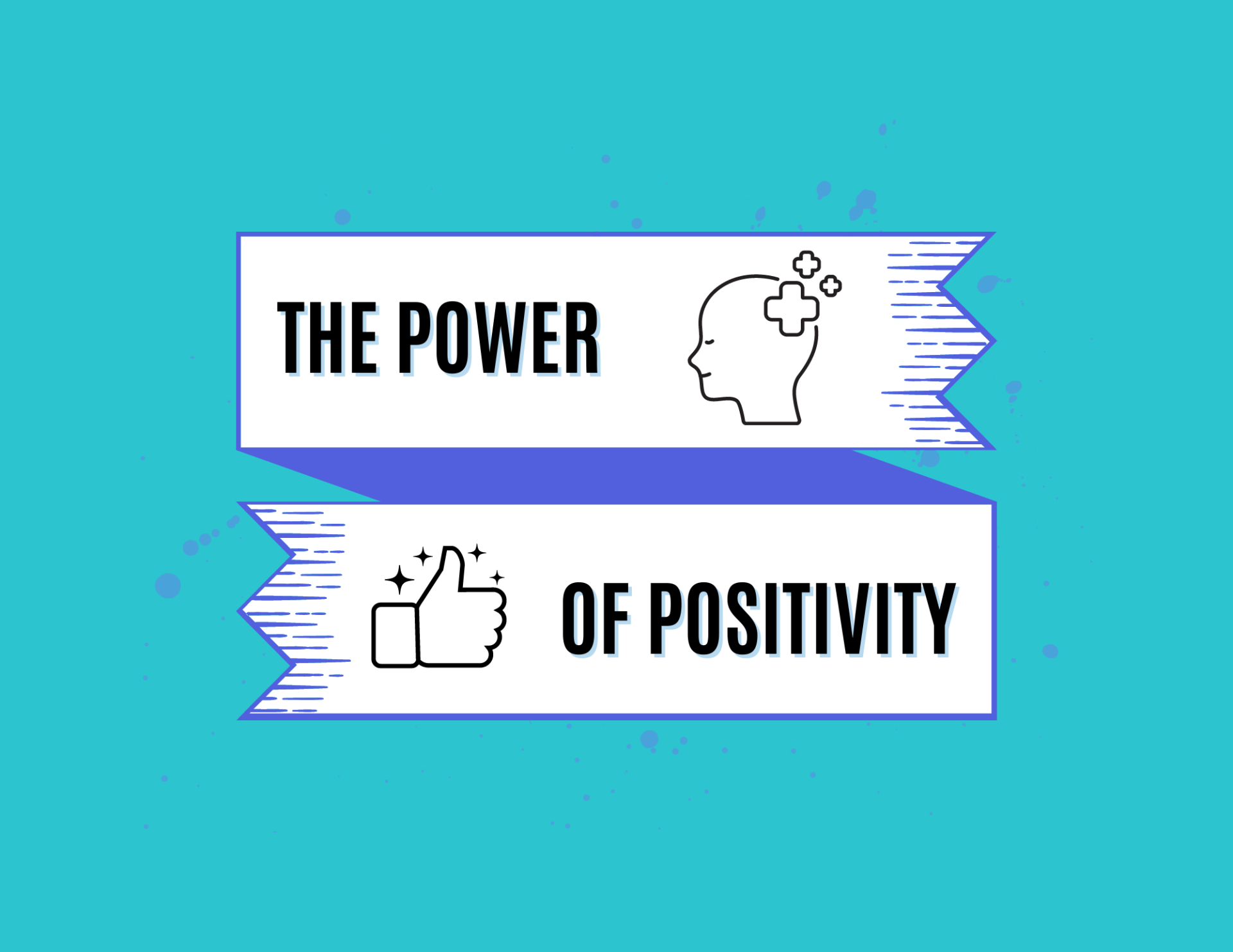
The upside to living with mental illness
Kimberly Zapata
At Inspire TMS Denver, implementing optimism and positivity is a daily routine which stems from the very foundation of our practice. We believe TMS is an opportunity for every individual that pursues
TMS treatment and approach every case with hope and optimism. We work to instill positive thinking for every patient receiving treatment at our clinic.
We hope that you are able to find strength in your mental illness as Kimberly Zapata has, and positivity in the face of this adversity. If you are looking for treatment that can help engage positive thinking and benefit mood and emotions,
Inspire TMS Denver is ready to help you learn more about TMS. We hope this treatment could be the key to unlocking your full potential.
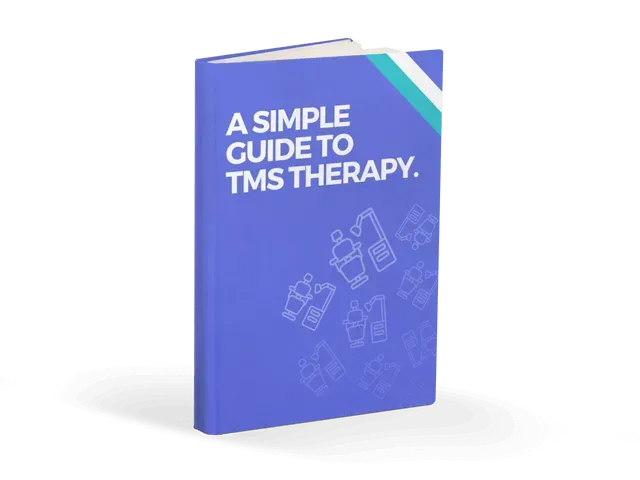
Every Question Answered
Want to know more about TMS? Check out this in-depth guide to TMS therapy with transparent and easy to understand explanations about TMS processes, protocols, and treated conditions.
Latest Posts
